Supporting complex horticulture with expert advice at Bridge Farm Group
03.11.25
By Alan Boswell Group
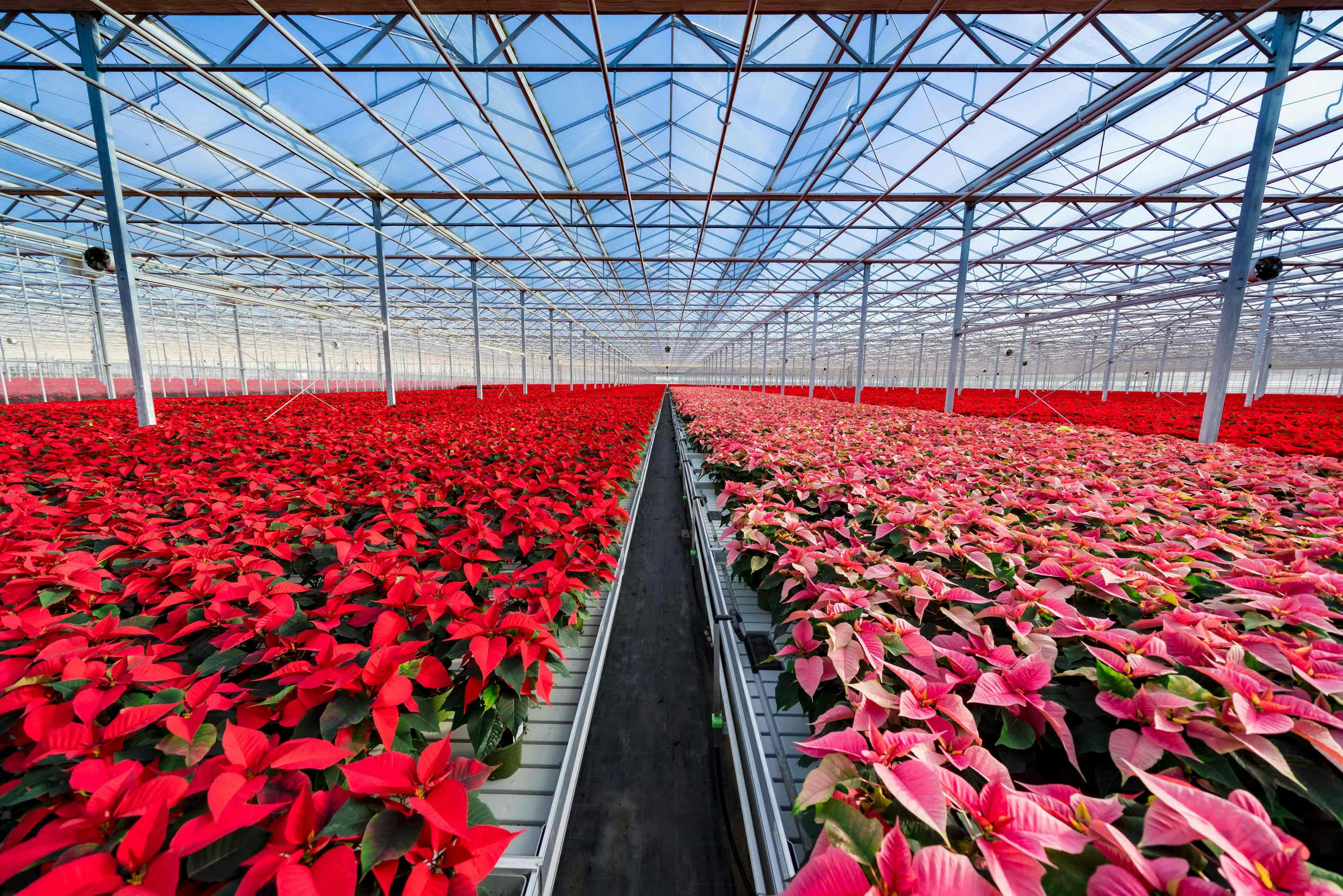
Each Christmas, homes across the UK are adorned with tinsel, twinkling lights, baubles - and often, a few poinsettias. These vivid red plants have become a seasonal staple, adding a splash of colour to festive décor. Over eight million are sold annually in the UK, mostly within an intense eight-week window from late October to December. Given that it takes around six months to grow a poinsettia to marketable size, meeting this demand is a logistical feat, one handled impressively by specialist growers across the country.
Bridge Farm Group is one such grower, supplying over 1.2 million poinsettias to some of the UK’s largest retailers, including Tesco, Asda, B&Q, Morrisons, and M&S. From their base in Spalding, Lincolnshire, they are one of the UK’s leading horticultural experts, growing more than 70 million plants every year in their low-carbon, water-efficient, biomass-heated glasshouse.
Julie Pike, Head of Finance Shared Services at Bridge Farm Group, is better placed than many to talk about the history of the group, having been involved in her own way from childhood.
“My family owned Neame Lea Nursery in Gosberton. In fact, I was born on the nursery. But I was always against working for the family business; having been carted around in lettuce boxes for most of my life and having to pull orders on weekends, I felt, ‘I don’t really want this,’ so I went for an office job.
“But my circumstances changed, and I decided that it would work. That’s how I ended up joining the business 21 years ago.”
When Julie’s father passed away in 2010, the family decided to sell to another local nursery, Bridge Farm, which was owned by Jayne and Tony Ball, alongside their son, David. It was David Ball who had the vision to increase production and sell directly to the market rather than through other suppliers.
David wanted to deal directly with the major retailers, and when he got a contract with Tesco, we needed more growing area.
“That’s when the business really started to grow. David wanted to deal directly with the major retailers, and when he got a contract with Tesco, we needed more growing area. Just up the road from his parents’ place was the Horseshoe Nursery site. He could see the potential to build an industrial greenhouse there, and they took on that site in 2015.”
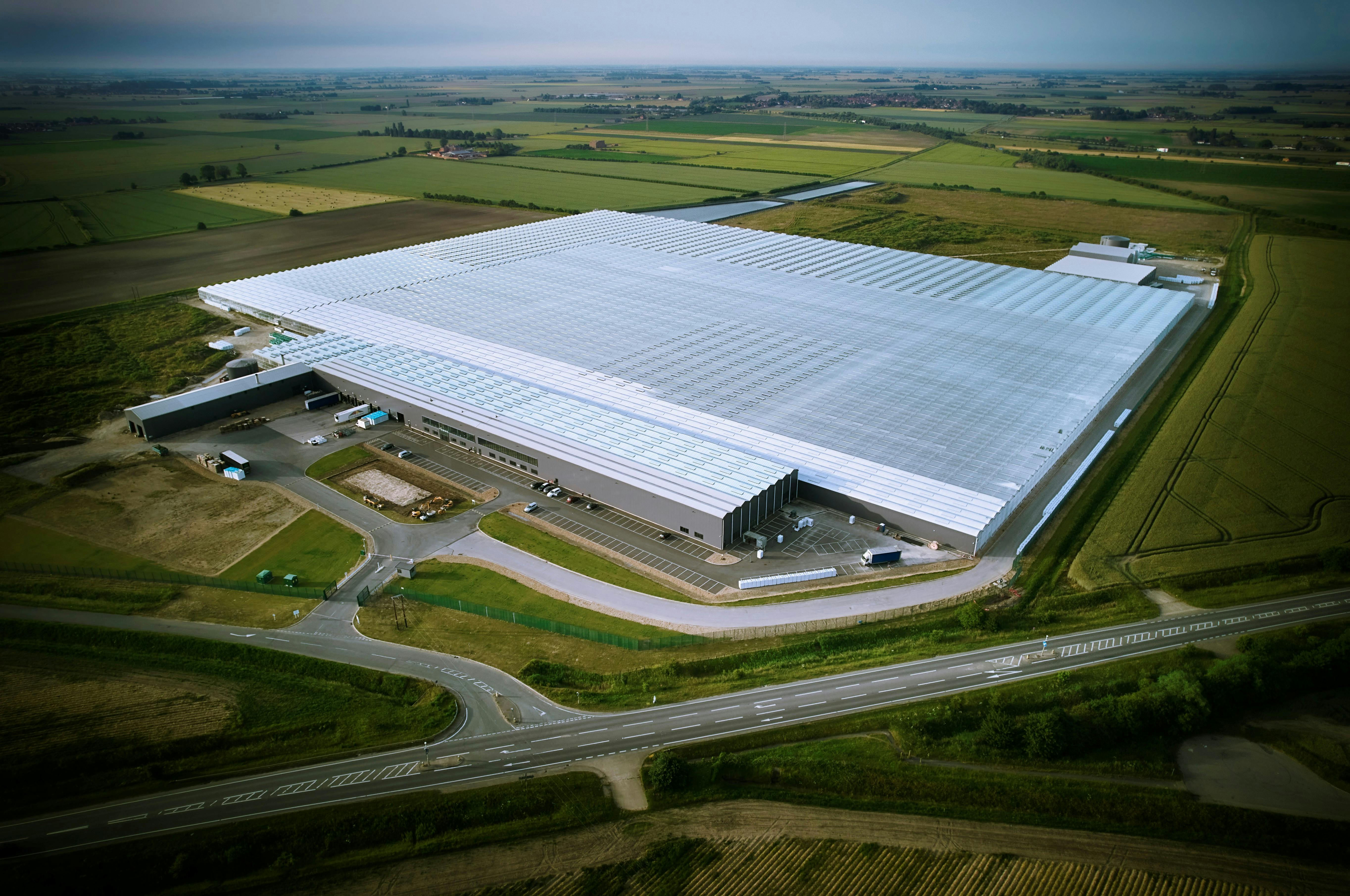
A new state-of-the-art greenhouse was built at Horseshoe Nursery, facilitating a significant growth in capacity and allowing them to expand their direct supply to retailers. But that wasn’t the end of the expansion. In 2018, Bridge Farm secured planning permission for a 100-acre site in Lincolnshire. They have now completed the first two phases of the development, giving them 60 acres of state-of-the-art glasshouse.
This scale demands not only physical infrastructure but also sophisticated technology. The glasshouse operates year-round, thanks to a modular system that allows different climatic zones to coexist, enabling simultaneous cultivation of diverse crops. Biomass heating ensures low-carbon energy use, while water-efficient systems support sustainable irrigation.
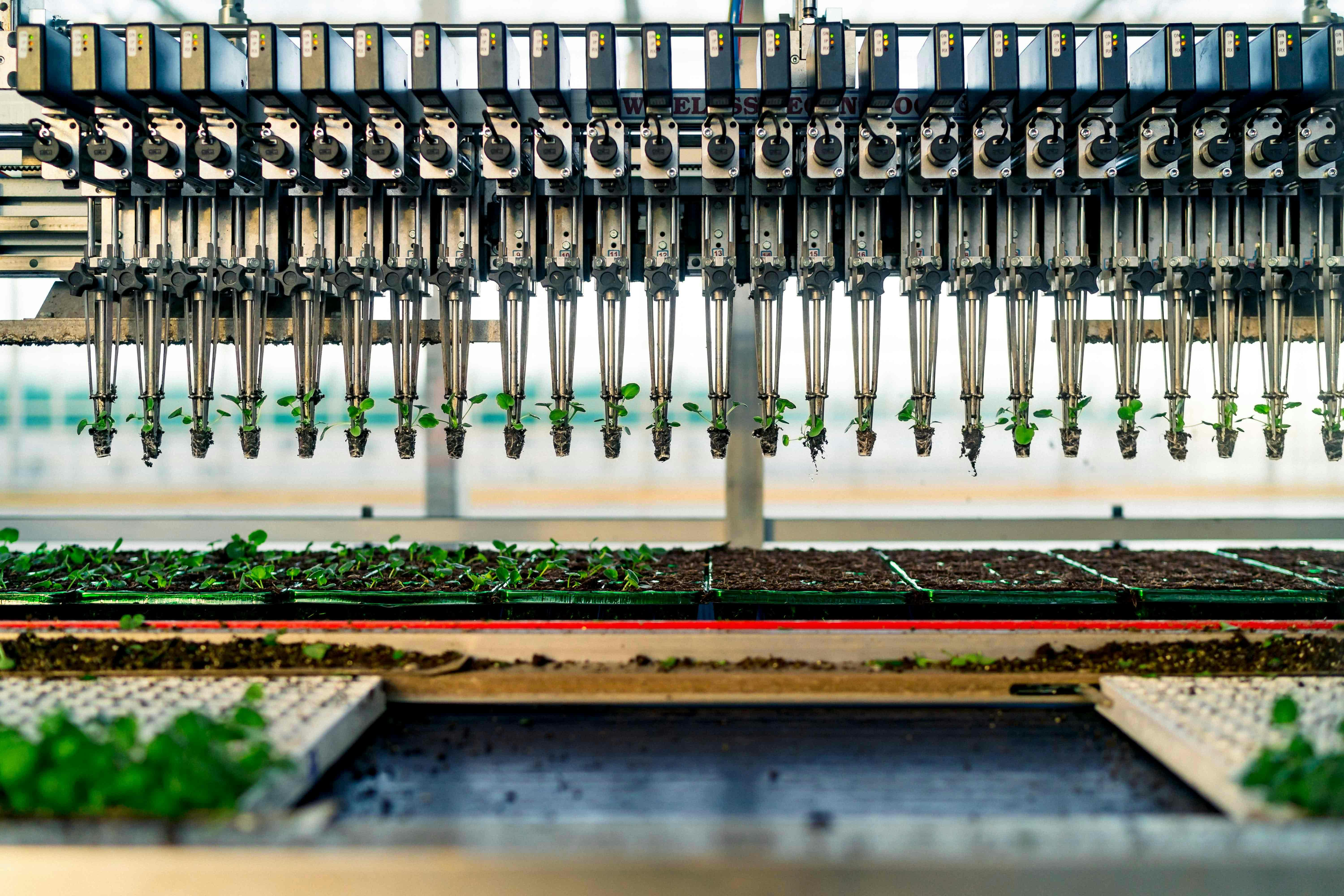
This is supported by a suite of cutting-edge automation, which includes propagation robots capable of planting up to 5,000 cuttings per hour, climate control, irrigation, and crop movement. These technologies not only optimise yield and quality, but also reduce environmental impact. Bridge Farm’s approach exemplifies how robotics, AI, and sustainable design can converge to redefine modern horticulture at industrial scale.
“David was going out to Holland to see how they were doing it; they had robots for the planting, automated water, biomass heating. It was very autonomous.
“David was going out to Holland to see how they were doing it; they had robots for the planting, automated water, biomass heating. It was very autonomous. It was his vision to bring it back to the UK, and we implemented it at Horseshoes, but he thought, ‘Actually, we can do this on a bigger scale’.”
And it’s not just poinsettias.
“In June / July, we'll start putting our poinsettias in. We'll have those until they go out at Christmas. Then we put in spring bulbs, hyacinths, and Tête-à-Tête, and then bedding through the summer, and in between that we're doing house plants and baskets.”
The sheer scale of the glasshouses cannot be overstated, and neither can the scale of the associated risks.
“We’ve got two or three guys that do all the maintenance of the boilers, and we’ve got a health and safety officer that does the rest of the business. You [Alan Boswell Group] do the engineering inspections.”
The relationship with Alan Boswell Group began in 2020 when David and Julie were introduced to Account Executive Steve Eastwood through a mutual acquaintance. Meeting the insurance needs of a large horticultural operation that supplies over 70 million plants a year requires specialist sector expertise not always offered by standard insurance brokers. Steve Eastwood has experience in industrial glasshouse insurance and provided Bridge Farm with services not available from their previous broker.
Steve and Jacky have streamlined the whole process. Now it’s not a hassle. Steve comes on site two or three times a year. It’s really good to get an outside perspective. They are always on hand to answer any questions.
“We were insured with another broker before, but it was quite complex. It was laborious to go through everything. It used to be a massive document. Steve and Jacky [Smith, Account Handler] have streamlined the whole process. Now it’s not a hassle. Steve comes on site two or three times a year. It’s really good to get an outside perspective. They are always on hand to answer any questions.”
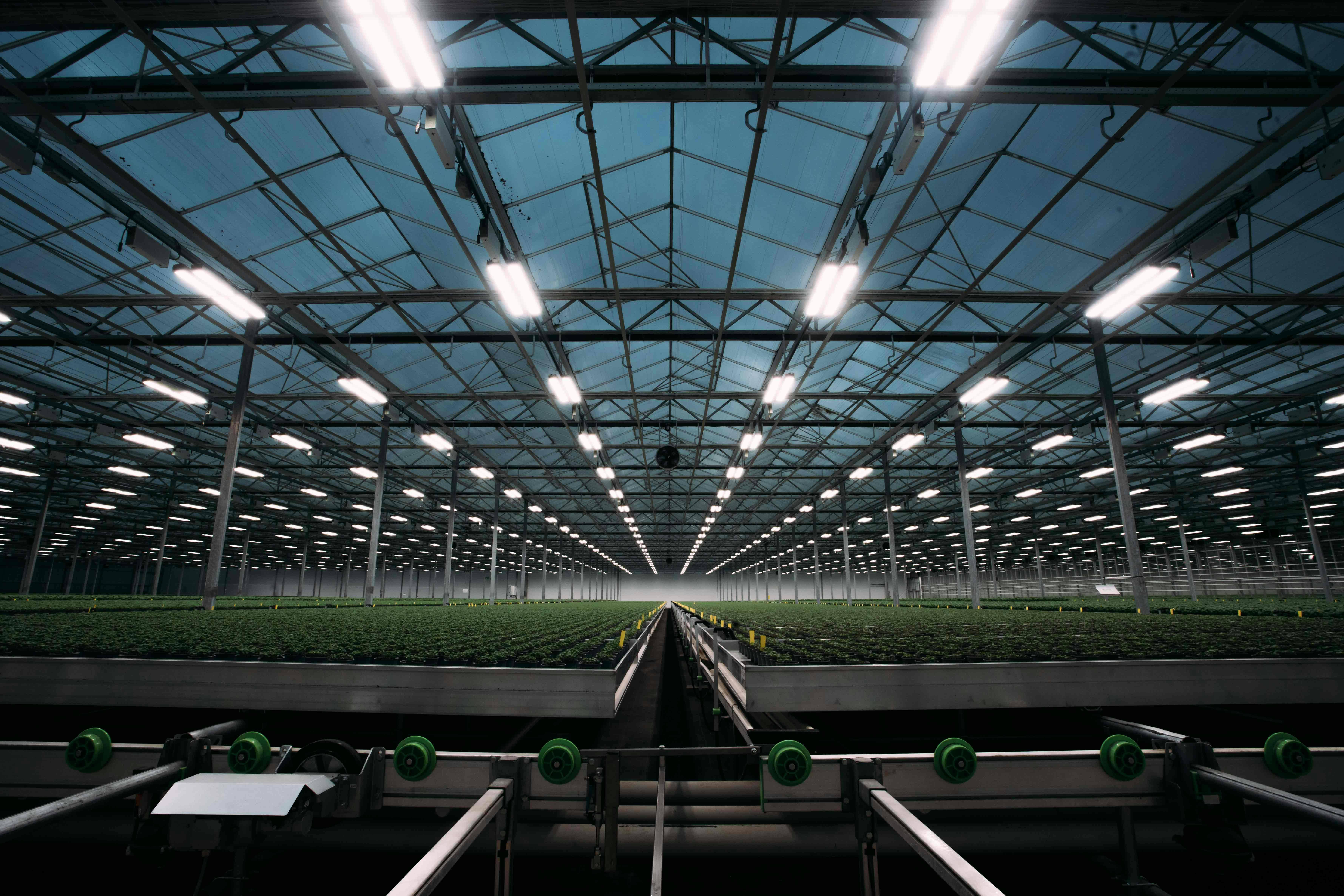
Insuring industrial glasshouses is uniquely complex because the environment is constantly changing and relies on advanced technologies like automated heating and irrigation. Each crop has its own lifecycle and value, so insurance must account for seasonal risks and potential losses from business interruptions. Steve Eastwood’s years of expertise help Bridge Farm secure tailored cover, ensuring all aspects, including standard risks such as buildings, cyber, and directors' and officers', are protected with specialist knowledge.
Steve’s expertise has been pivotal as Bridge Farm expands and diversifies.
“We’re predominantly growing, but we have some R&D on the side. We have space set aside for bioscience. It did start with CBD oil, but now we’re going down the pharmaceutical route. Bakuchi oil and products that we can extract from the plants, which can go into cosmetics, for example.”
Bridge Farm’s bioscience arm maximises the capabilities of the growing space by creating a fully vertically integrated process, which is used in their specialist laboratories for tissue culture development, CO₂ extraction, product formulation, and analytical testing. This was the natural next step in their horticultural journey, giving them full control over every step of the plant’s journey from seed to final plant-derived ingredient.
Looking to the future, Bridge Farm are planning a phase three build to add a further 40 acres of glasshouse, future-proofing their horticultural and bioscience facilities. Their collaboration with Alan Boswell Group has streamlined complex insurance processes, providing peace of mind and specialist cover for their complex operation. As the business continues to expand, embracing bioscience and innovative plant-derived products, Bridge Farm remains at the forefront of automated growing technology.
For more information on Bridge Farm Group, visit bridgefarmgroup.co.uk
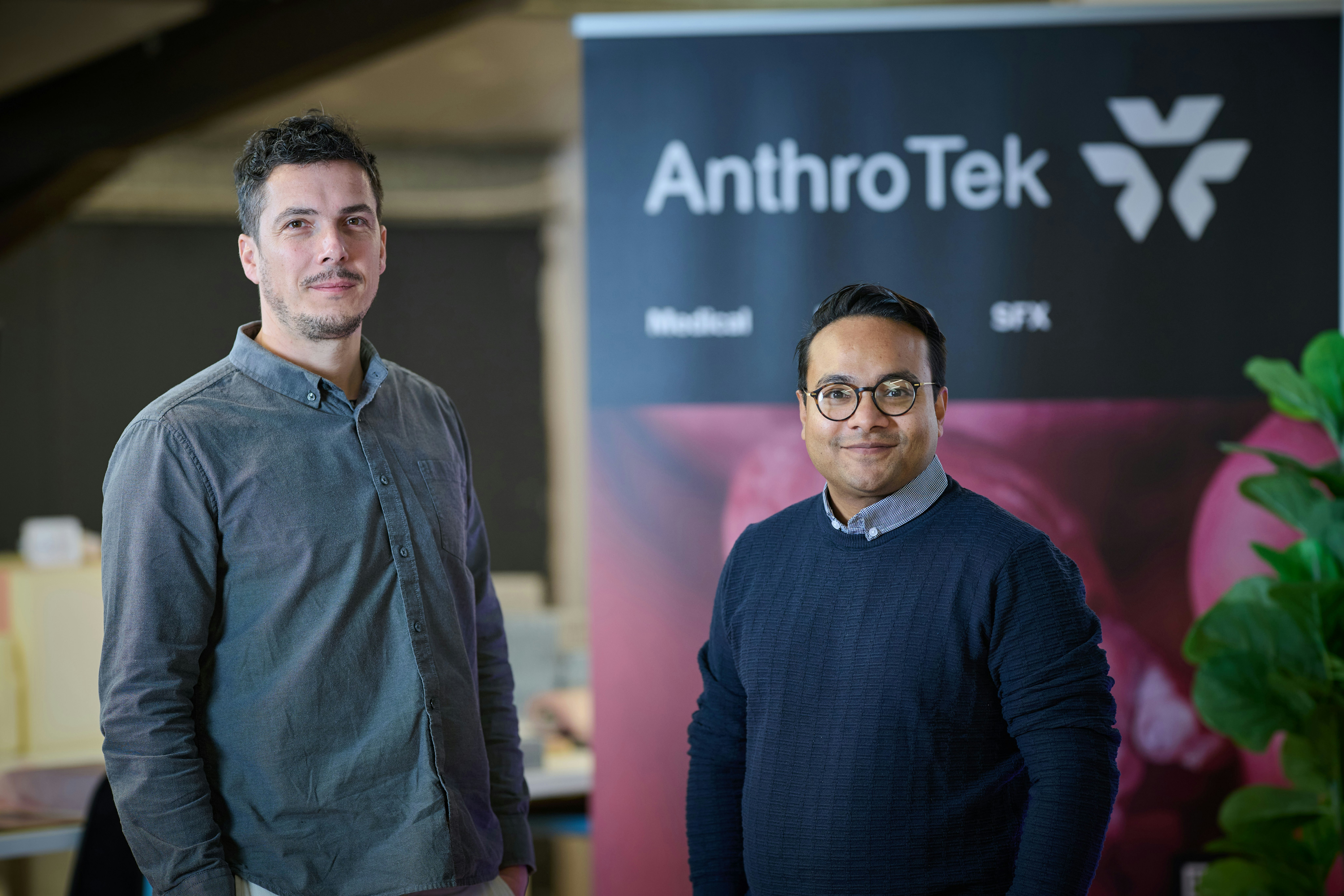
Protecting AnthroTek's path to growth in emerging tech industries
We spoke to Naz Tareque, co-founder of AnthroTek, an advanced material science company working in medical simulation, soft robotics, and the cinema industry. Naz tells us about the founding of the start-up business, and why they turned to Alan Boswell Group for their bespoke insurance protection.
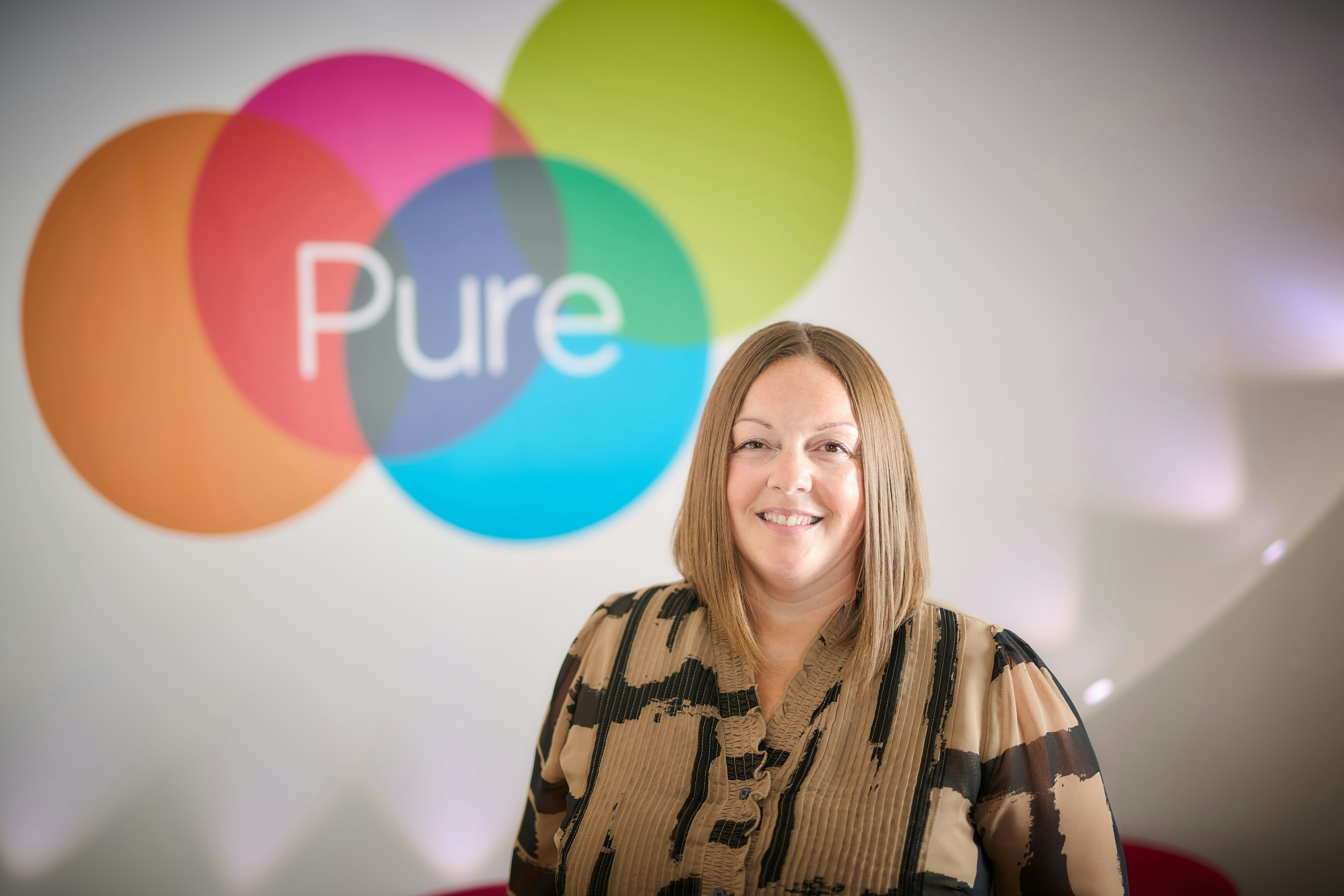
Pure Resourcing Solutions - building resilience in a changing recruitment landscape
We spoke to Annette Wyld, co-owner and Finance Director, on the evolution of Pure Resourcing Solutions and how ABG help protect their risks as they grow.

Be Well Barn: How Sarah and Will Edwards brought wellness to the Suffolk countryside
Be Well Barn, a modern wellness retreat nestled in the heart of Suffolk, blends generations of farming heritage with a passion for health, community, and innovation. We spoke to Sarah and Will Edwards about the evolution of their family farm to the creation of Be Well Barn.

Managing risk & delivering care: how Black Swan Care Group thrives in a challenging sector
We spoke to Tom Lyons, Managing Director of Black Swan Care Group, to get some insight into how they manage their risks as they grow.
